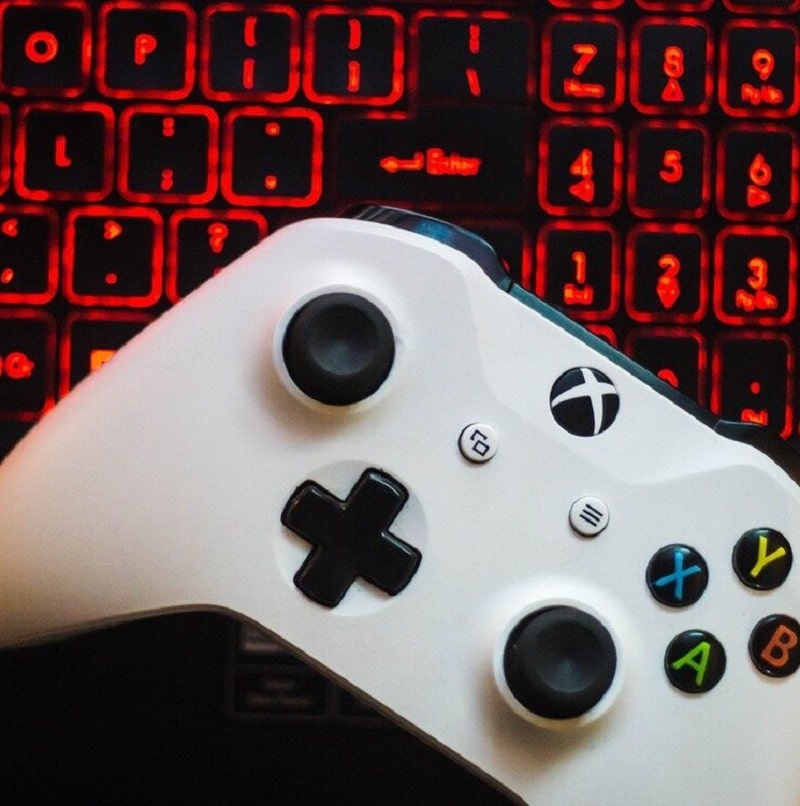The impact of technology on the PC gaming industry

Reed Hastings, CEO of Netflix, told shareholders in 2019 that Disney+ has been displaced as a major competitor by a more prominent opponent – gaming brand Fortnite, the acclaimed PC game. Gameplay is becoming increasingly popular in the entertainment industry. Interactivity is appearing in gameplay, developers are actively adopting the latest technologies and motivating them to accelerate their development.
According to recent forecasts, the gaming industry market could reach several hundred billion dollars by 2023. Although the projected figures are constantly rising. The main bets can be placed on cloud technology: developers are launching resource-intensive projects en masse with minimal requirements for the user’s hardware. In the long run, developers will have complete freedom:
- The hardware cost barrier will be removed. Everyone will be able to create games, limited solely by the scope of their imagination.
- An additional class of games without technical limitations will emerge, designed specifically for cloud solutions. VR will open up incredible possibilities for detailing space, with the finest detail for huge objects.
- The cross-genre format will dominate projects in any of today’s typical genres.
- The opinion of friends or fellow players will take precedence. Discussions about the actions in the game, the demonstration of results, and the desire to highlight successes in front of the public will become fashionable. Virtual games will lose their association with the isolation of the individual.
The proliferation of 5G opens up more possibilities for transmitting large amounts of data, making work through the cloud seamless. The faster the technology is mastered, the more gamification becomes active.

Replacing standard school lessons with gameplay
Virtual gameplay was entertainment at first. Over time, it is increasingly being talked about as an innovative alternative to familiar forms of learning. Virtual spaces can be used to communicate, hold meetings, teach, and even hold rousing concerts.
Self-isolation contributes perfectly to this transformation: in the Fortnite universe, you can complete many more tasks than in Zoom. There are plenty of opportunities to gather a large audience and personalise each participant. Travis Scott was able to organise a concert for 27 million people. Servers already allow events of this scale to be staged without the burden on individual users’ computers.
Educational and work processes will also be complemented by games, which will be an indispensable tool in training reactions as well as critical and reflective thinking. There are ideas of supplementing the school curriculum with World of Tanks electives to develop logic and teamwork skills.
Changing the style of information consumption
Games will become an integral part of various forms of work, study and entertainment. It will erase the idea that games are bad. The user will be able flexibly customize the events in the game universe and have full control over what happens. Even the concept of sport will change. Members of certain age groups closely follow broadcast gaming events and ignore many sporting events. Therefore, the likelihood of new Olympic disciplines is also high.
Content can be accessed on any device, from smartphones to smart watches. Platforms will cease to be paid for, the player will choose the content and pay for what he is really interested in.
Prospects for the development of gaming gadgets
Neural interfaces bring control of characters to a new level: it can be controlled by brain signals, senses (hearing, vision, etc.). Virtual and augmented reality will even make it possible to connect taste buds. Ericsson’s researchers claim that in the next decade, it will be possible to adjust the headphones to any language (with automatic translation of speech to the user’s native language). The sound of the player’s voice will also be customisable.
The “internet of feelings” as well as digital tastes and smells will soon become commonplace. You just need to be able to accept these innovations and learn how to use them intelligently.
